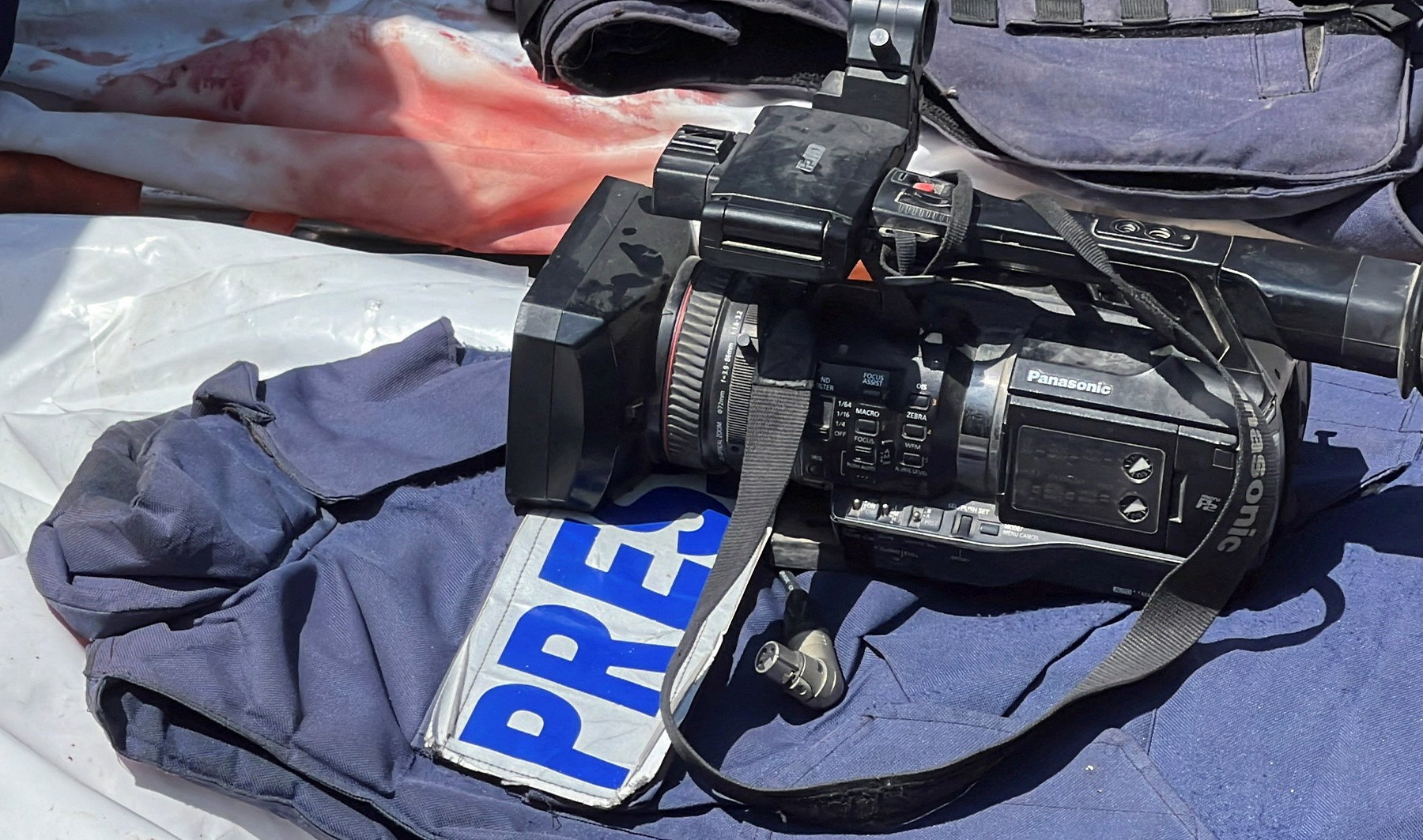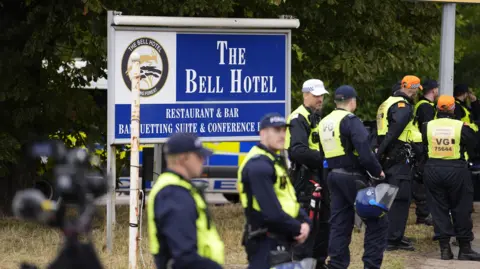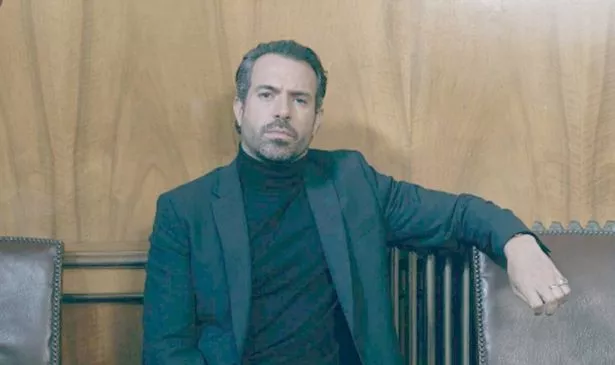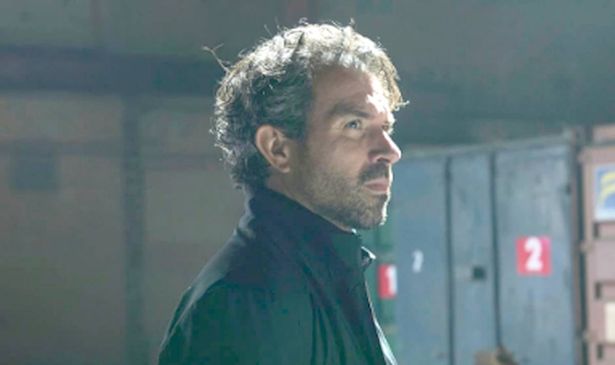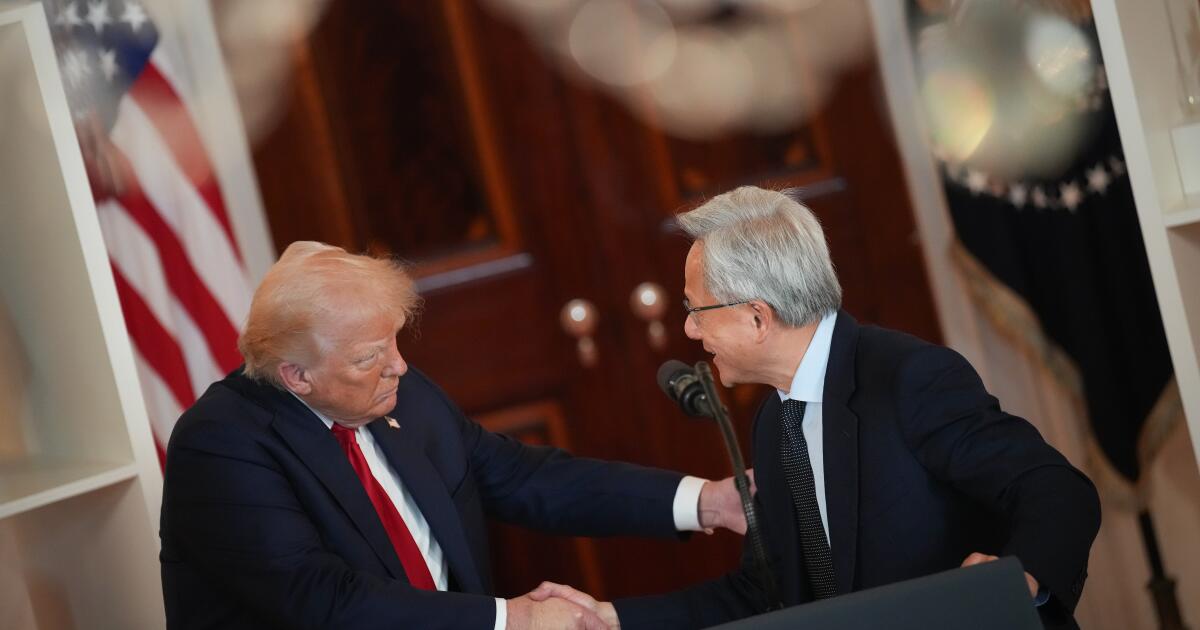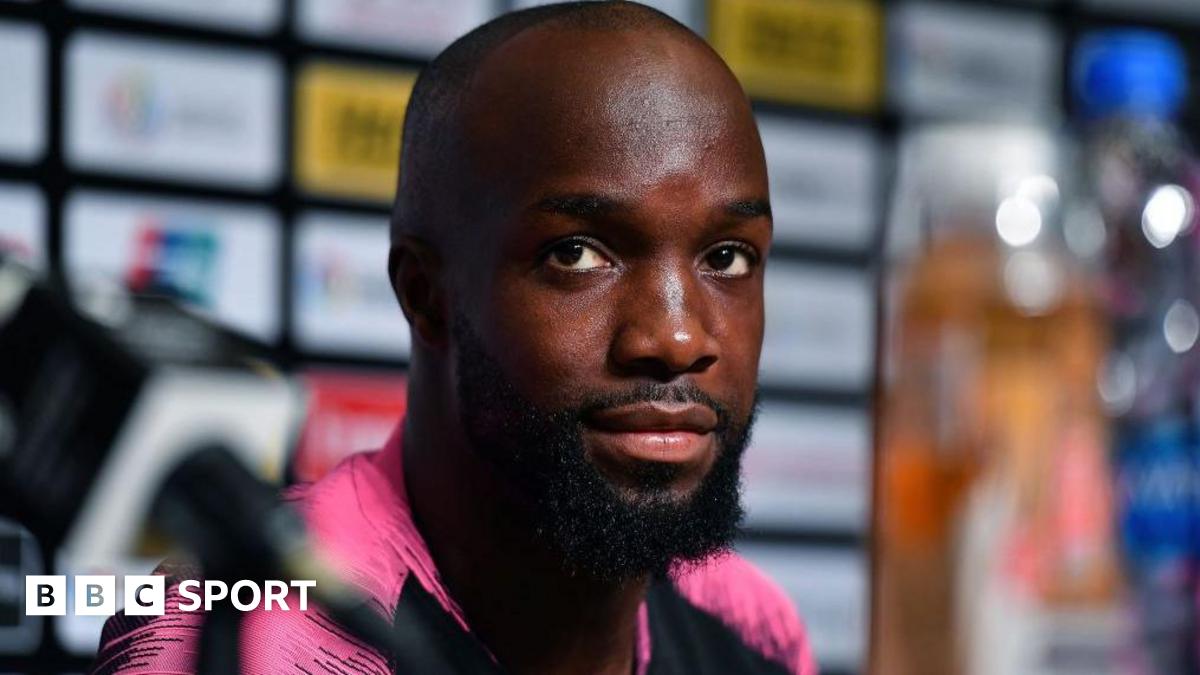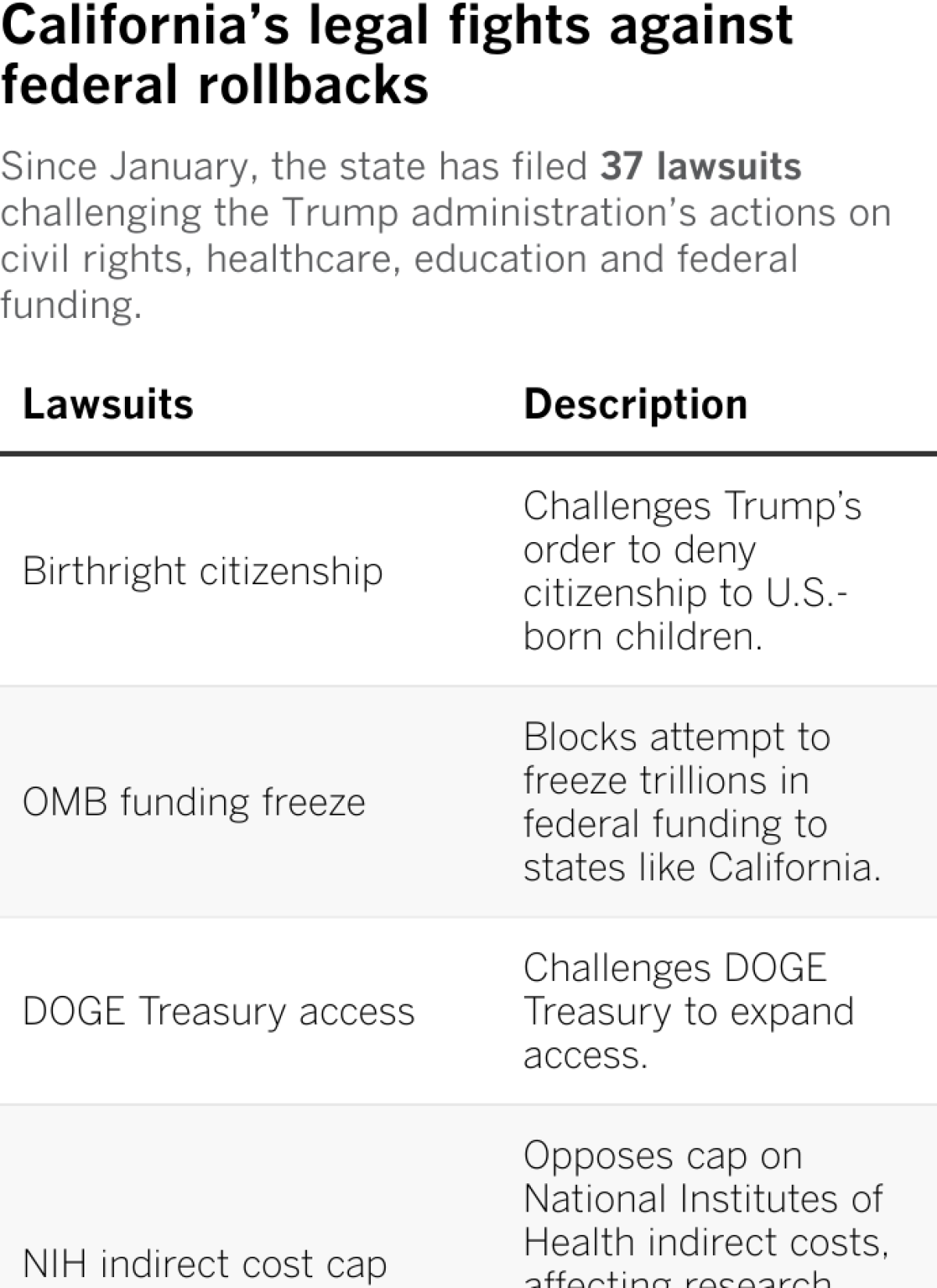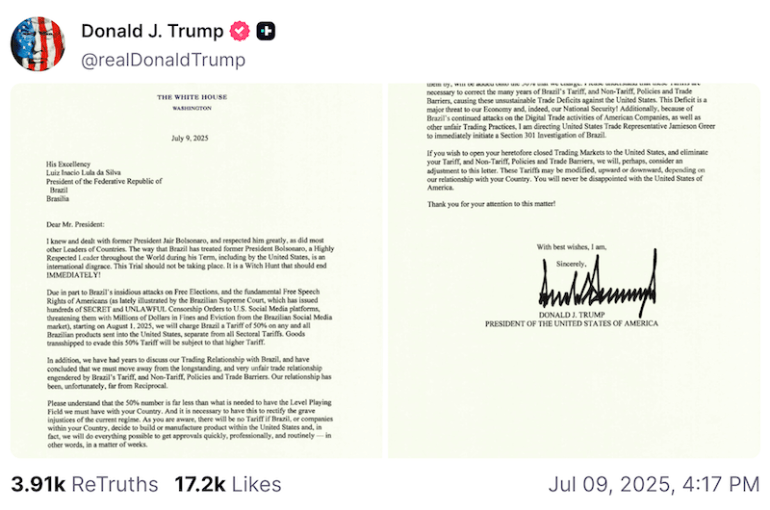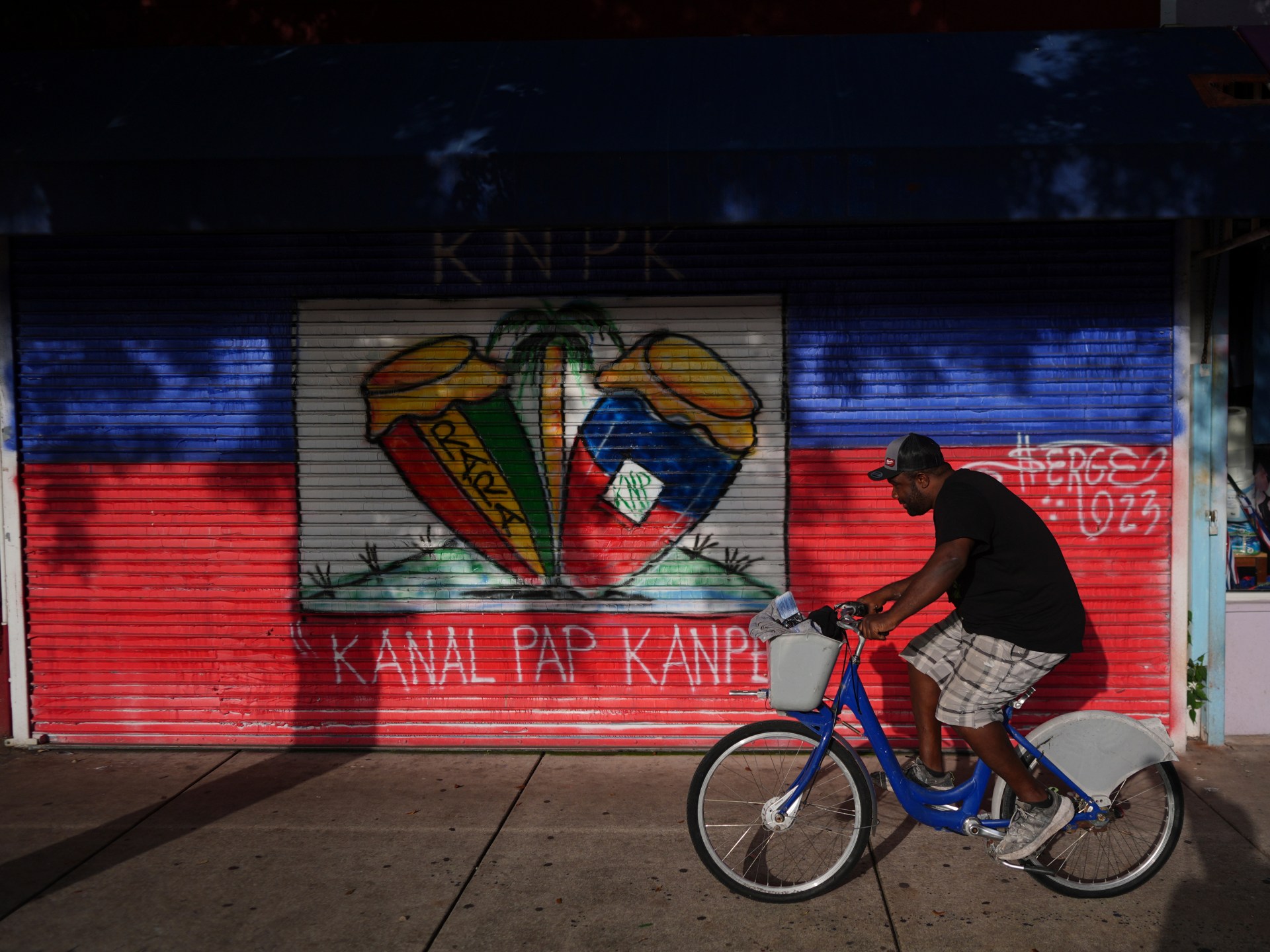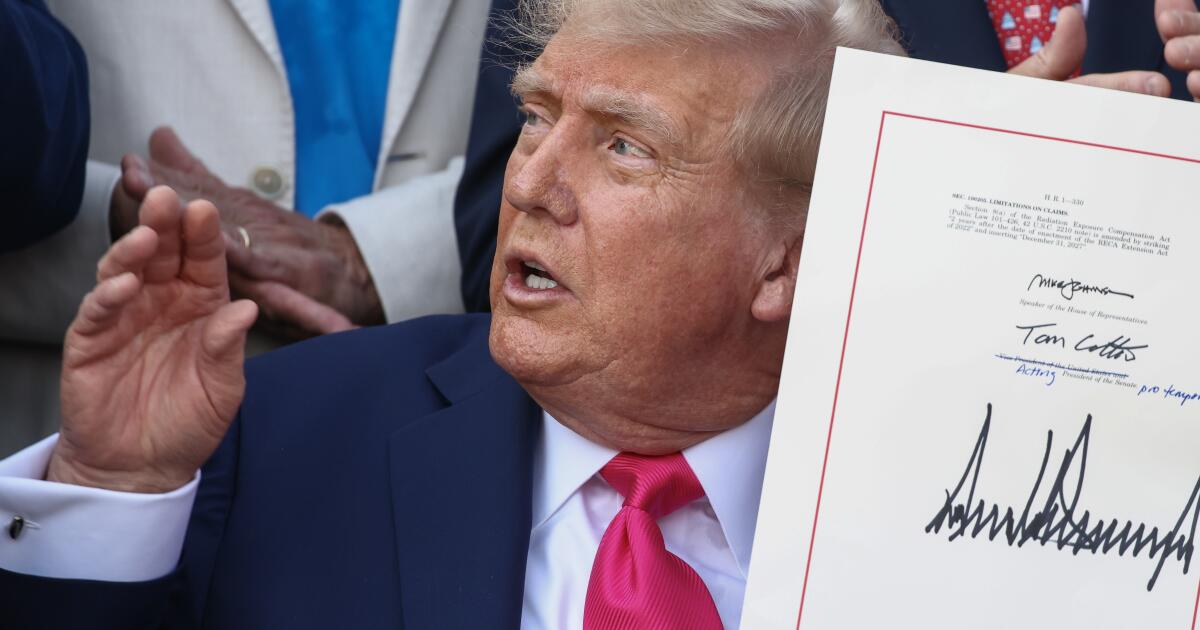Reach Screen Time spoke exclusively to Mudtown stars Tom Cullen and Erin Richards
A gripping new TV drama is set to hit our screens this month, promising viewers a captivating tale brimming with tension and conflict, reports Wales Online. This comes as audiences are binging another crime drama.
Mudtown, set in Newport, Wales, centres around magistrate Claire Lewis Jones (portrayed by Erin Richards), who finds herself in a dilemma when her childhood friend’s daughter is accused of arson.
Claire’s personal and professional worlds collide as she attempts to preside over the case. Adding to the complexity, her ex-lover and local gangster Saint Pete (Tom Cullen) re-enters her life, seeking her assistance in court.
She finds herself torn between divided loyalties and ensuring justice is served.
Mudtown was co-created by Keeping Faith actor and writer Hannah Daniels along with real-life magistrate Georgia Lee.
In an exclusive chat with Reach Screen Time, lead stars Cullen and Richards shared their thoughts on joining the series.
READ MORE: ‘Fantastic’ crime drama fans say will ‘tear your heart out’ is streaming for freeREAD MORE: New crime drama branded ‘exceptional’ now available to stream for free
Cullen confessed he’d been extremely hesitant about accepting the role of crime boss Saint Pete, despite having portrayed real-life gangster Johnny Palmer in BBC’s The Gold.
He revealed: “On a personal level, Pete is a character that I’ve never really got to play before and when they offered it to me, I was absolutely terrified and confused as to why they wanted me to play this character.
“And I was absolutely terrified of the prospect of playing because I thought it was way beyond my reach, capabilities as an actor and for that reason, also, I decided to do it, to scare myself.”
Explaining his decision to join Mudtown, Cullen said: “Lots attracted me to the show. Just on a script-level, I found it really interesting.
“I thought that its themes really resonated with me and the socio-political aspect to it about the choices we make and what choices do we have when we grow up in certain areas, and the different paths a certain decision can make, I found that really interesting. I also thought that the characters were so complex.”
He revealed he was also attracted to the project due to the opportunity to work in his native Wales, which he rarely got to do and “work with friends” he’d “known for years”, describing it as a “joyous experience”.
The Crown and Gotham star Richards confessed she had similar motivations for joining Mudtown, admitting she was also drawn to the chance to work in Wales and be near her family.
“It was such a dream and it was the first job I did since having my son, who is now two-and-a-half, but was one, and just the ability to come home every night and see him and sleep in my own bed, and travel to Newport which is somewhere I’ve never been before but obviously visited a lot,” she said.
Richards and Cullen have been friends for years after starring in a film together when they were just 16, which she confessed boosted their on-screen spark and transformed her acting.
The actress revealed: “I had a specific idea of who Claire was and I was playing her a certain way, and then when I would do the scenes with Tom, she would like change a little bit and I didn’t plan for that to happen.
“But I think just because of the history that Tom and I have and how much we know about each other, it really reflected how Claire and Saint Pete were together. It was a really dynamic we had as friends but also had as characters.”
The programme was filmed back-to-back in English and Welsh, like numerous Welsh productions including the aforementioned Keeping Faith and The Light in the Hall.
Recording simultaneously in both languages meant the Welsh-speaking actors would begin in one tongue for a scene and then switch to the other language for the following scene depending on the take.
Richards confessed: “It was a real mind-bending thing at the beginning, but then halfway through I got used to it and my brain would just do it and click into place.”
The performer got ready for the part by observing magistrates courts in both Cardiff and Newport, discovering how it operated and acknowledged she was “surprised” that more programmes about the court hadn’t been created. Addressing the possibility of a second season, Richards teased: “I think the final episode, the final scene leaves it open to another series. I would love to do one. Cullen added: “I’d love to do one. We’ll see how it goes, fingers crossed.”
Mudtown is available on U&alibi from August 29 at 9pm, available on Sky, Virgin Media and NOW
